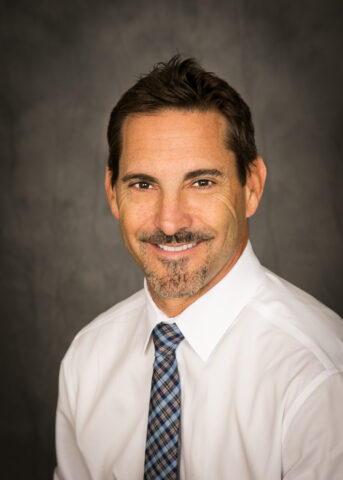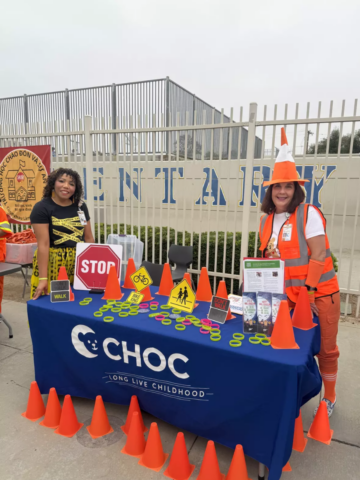Welcome to Defender Profiles. Here you’ll learn about one of our amazing defenders of childhood – everything from what they do for CHOC to what they do for fun – and gain insight into a different department in our health system.
Liliana Rodriguez moved from Chicago to Monterey, Mexico at age 7 and spent the remainder of her childhood there. In her 20s, she moved to California and learned English in two years. Today, she works as a language services supervisor for CHOC in Orange.
How long have you worked for CHOC?
I’ve worked at CHOC since October 2019. Before CHOC, I worked at Memorial Care in Long Beach, with both kids at Miller Children’s Hospital and adults at Long Beach Memorial Hospital.
Why did you decide to go into language services?
Languages have always come easily to me, and many people told me I’d be a good interpreter, but I’d dismiss it. But then, in 2016, I went back to school and decided to study to become an interpreter. I really thrived working with languages. Some things were more of a challenge, like simultaneous interpretation, where you interpret two-to-three words behind the speaker – but learning languages and interpreting words, I just loved. To me, it’s like a puzzle that I have to solve; I love the challenge of learning and researching something I don’t know. I’ve been professionally interpreting for about six years now.
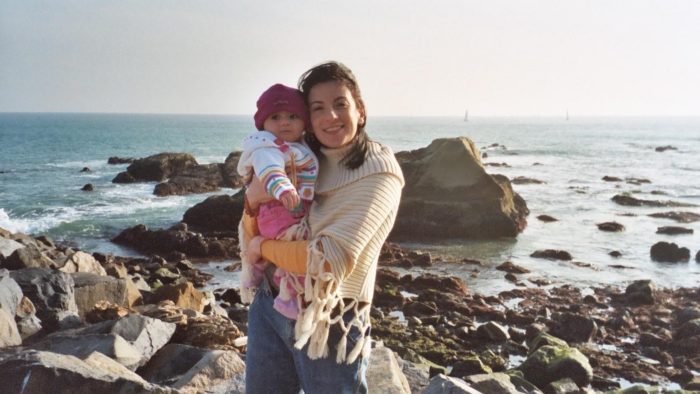
Can you describe your current role?
I currently coordinate the assignments and requests for interpretation and translation that come in. Interpreters have their own phones, get their own calls and are assigned to certain floors, but some of our bigger requests – like family conferences and teaching sessions and other languages requests, such as American Sign Language and Arabic – go through me for coordination. I also assign the requests for translations, like documents and education materials, and sometimes I do the translation or revisions myself. The team and I work closely to ensure that we provide high-quality written material.
What do you love about your current role?
I love that I get to really try to fulfill all of our requests and organize our department’s time. These services truly help our community, families and patients – one thing that is very clear to me is that we are here to serve these families.
How has your role changed due to the pandemic?
There was a big shift to telehealth at the start of the pandemic, so a lot of requests have become virtual. During a telehealth appointment, our interpreters actually join the provider and families through Zoom and provide interpretation live during the call.
What do you wish people knew about language services?
Many associates call us translators, however, verbally rendering communication from one language to another is interpreting, which is our main role. There’s often a misunderstanding about the differences between interpretation and translation; it’s like mixing up a psychologist and psychiatrist. And, when we’re interpreting, it’s much easier for us to do our job accurately if providers and staff speak as clearly as possible in short segments and avoid medical jargon.
One other thing everyone should know is that interpreters are bound to a code of ethics, just like medical providers, and one of our ethics is that everything, including side conversations, has to be interpreted. It becomes an ethical dilemma if we’re asked not to interpret something.
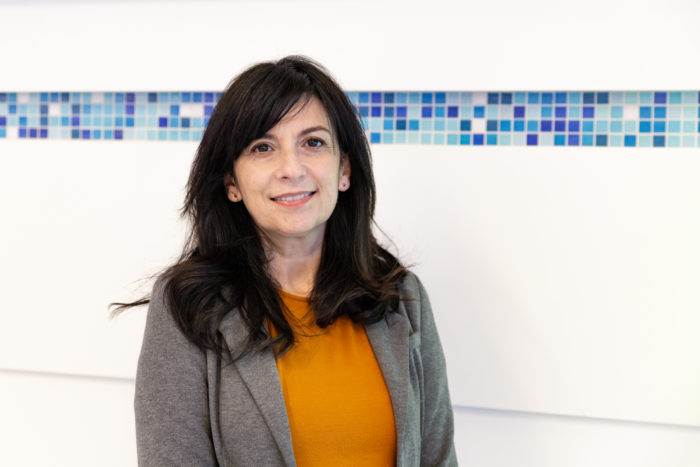
What do you love about working at CHOC?
CHOC is a beautiful place and a beautiful hospital. And our organization has the most amazing interpreters – they have so much knowledge and experience. I love working with people who are so knowledgeable and passionate about medical interpretation. Any question I have, they know the answer and how to explain it. And all of this knowledge and expertise is so critical to interpretation, because the more you know and the more confidently you can interpret, the better the communication is.
Do you have any favorite moments or stories about working at CHOC that you can share?
I was doing a telehealth appointment at one of the specialty clinics with a teen patient, and the mom had brought along an older son to interpret. Situations like this are difficult, because many families are already worried about their children’s conditions, and then you add in a language barrier. The providers expressed to the mom that they were worried the medical interpretation wouldn’t be done accurately if the brother acted as the interpreter. So, I asked the older son if he would let me do the interpretation so that he could be there to support his mom and brother, and told him that he could interrupt and correct me if he felt I said anything that wasn’t accurate. I just wanted to help them feel like they had some control. It ended up being a positive experience for both me and the family; I did what I was supposed to do and I helped them feel comfortable and in control.
What do you feel makes someone a great defender of childhood?
A great defender of childhood is able to step into the family’s shoes through empathy, compassion and emotional intelligence. Those are, I feel, the most important characteristics anyone in healthcare can have. Part of our job is to remain calm and objective, but it’s OK to feel for the families and to feel pain; we are all human. Allowing yourself to feel what the families feel on your own time is so important because of where we work and the type of work that we perform.
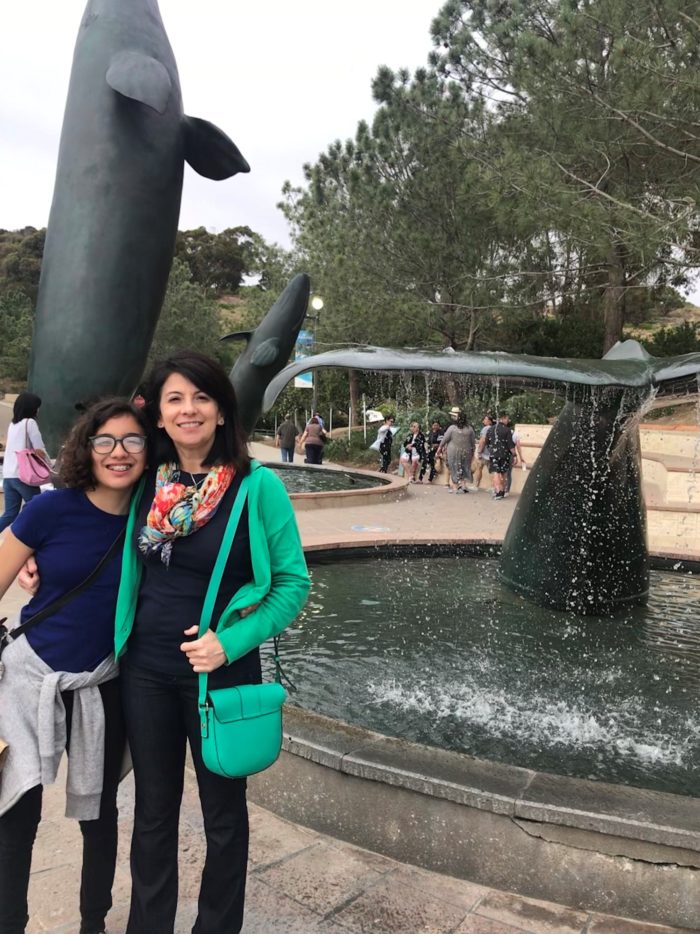
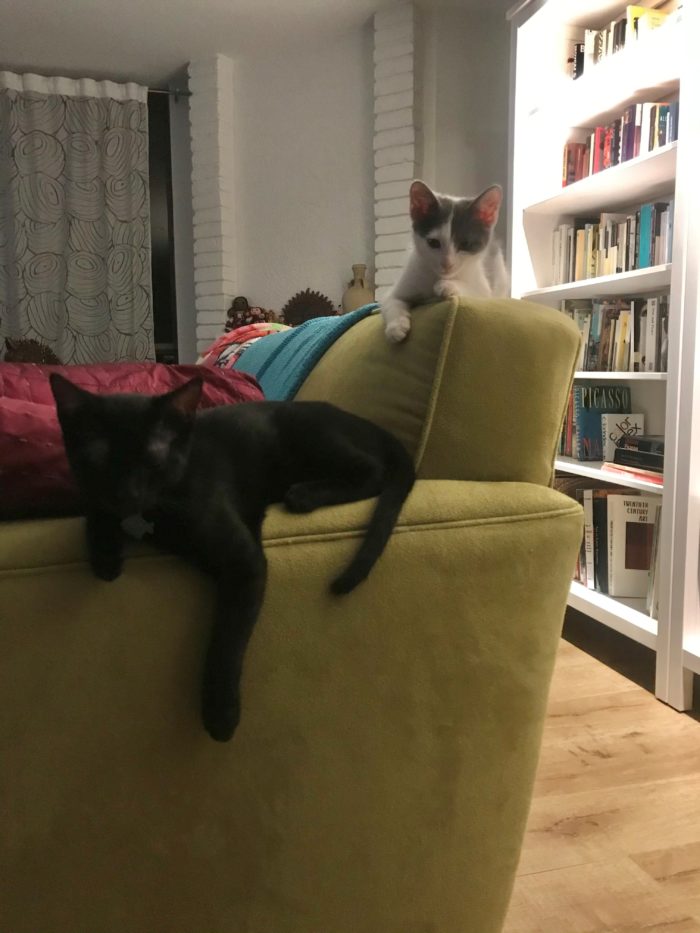
What are your hobbies and interests outside of work?
I love plants and reading – and I also love reading about plants! One of my favorite things to do is visit different nurseries that have specific plants I want to acquire. Right now I’m very into native Californian plants and Japanese maples. I also love spending time at the lake in Mission Viejo, where I live with my 15-year-old daughter, Sofia, and two kittens.

